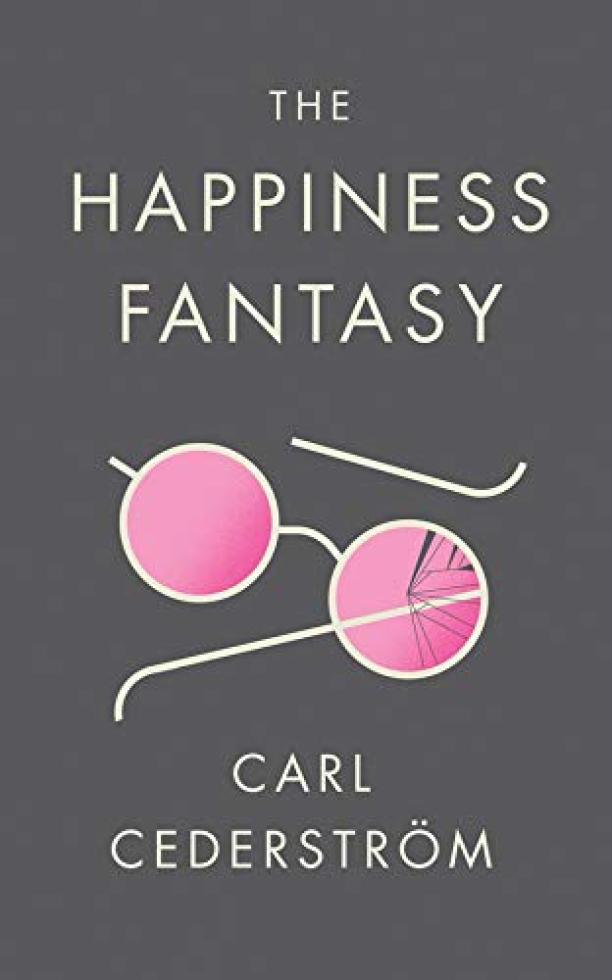Summary:
The book critically examines the modern pursuit of happiness, tracing its roots from the countercultural movements of the 1960s to contemporary wellness and self-help industries. It argues that this quest has been co-opted by neoliberal interests, turning personal well-being into a commodity and shifting focus from social change to individual responsibility.
Key points:
1. Happiness as a Product: Cederström shows how happiness is sold by businesses and self-help experts, turning it into a commodity rather than a complex emotion.
Books similar to "The Happiness Fantasy":
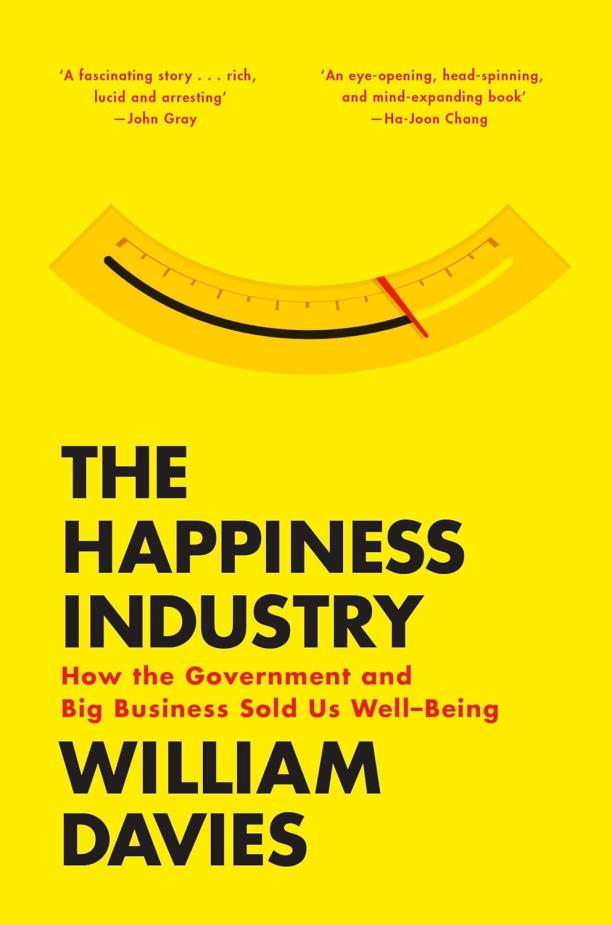
The Happiness Industry
William Davies
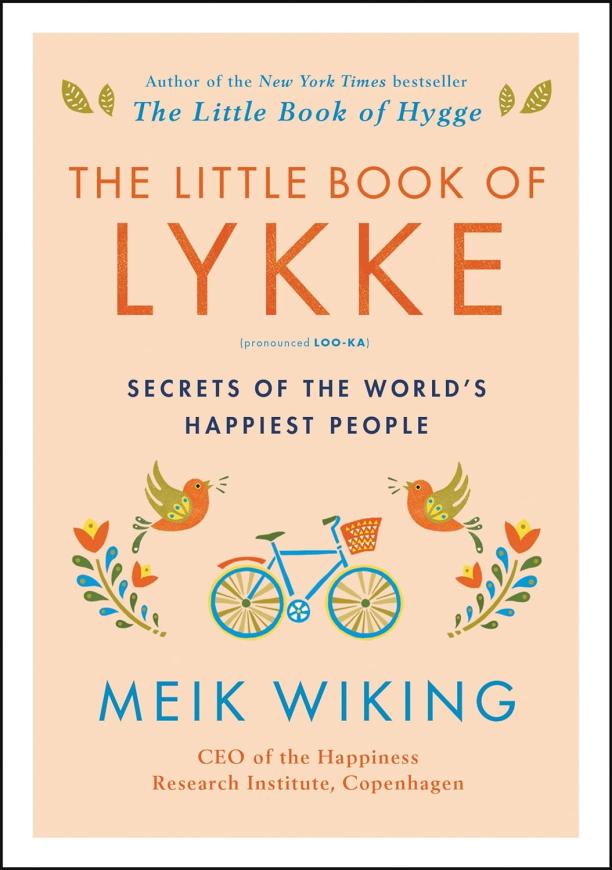
The Little Book of Lykke
Meik Wiking
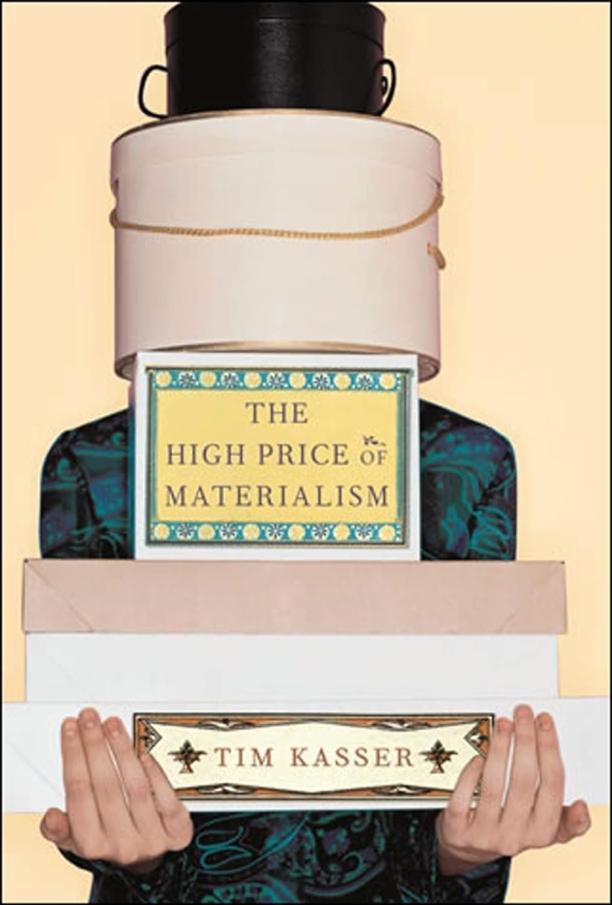
The High Price of Materialism
Tim Kasser
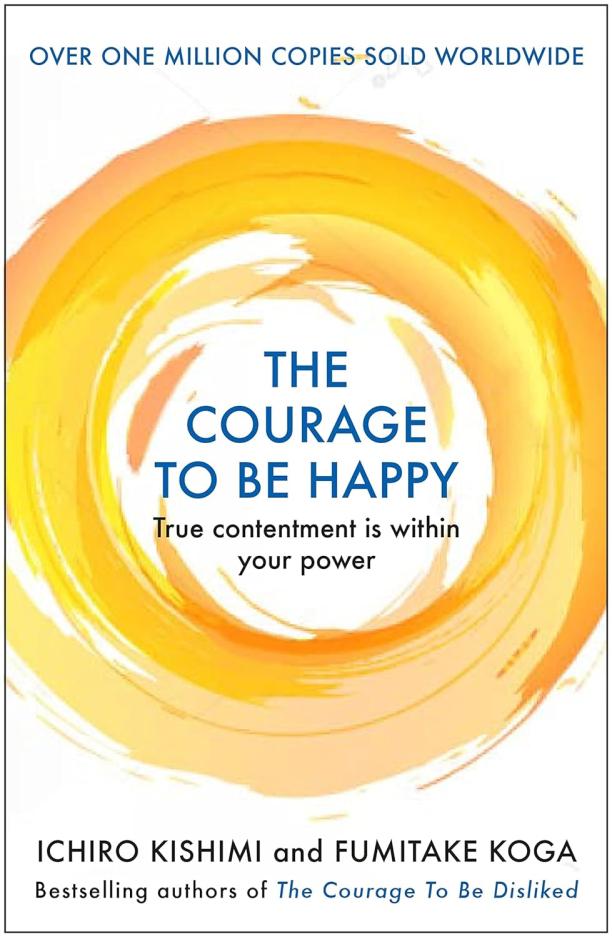
The Courage to be Happy
Ichiro Kishimi, Fumitake Koga
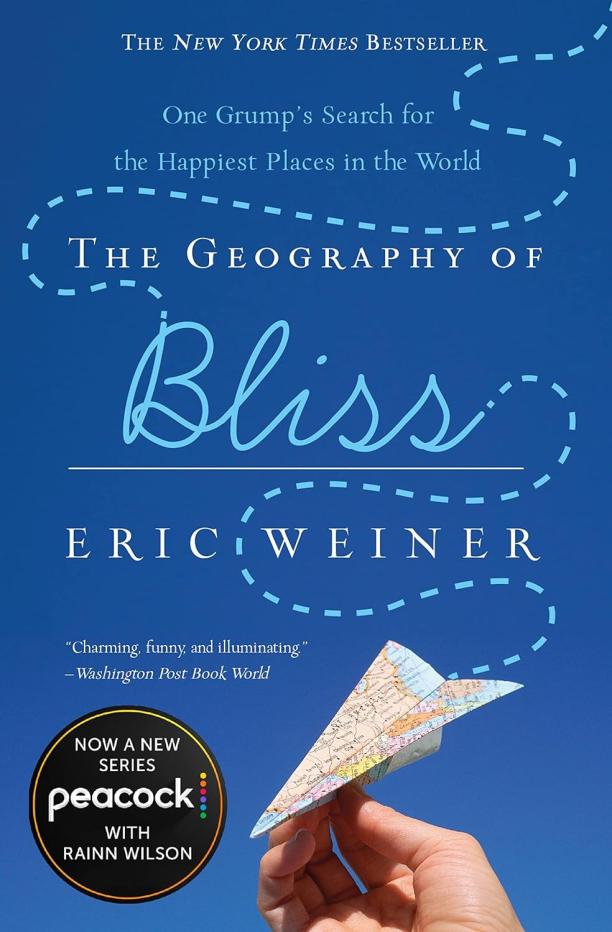
The Geography of Bliss
Eric Weiner
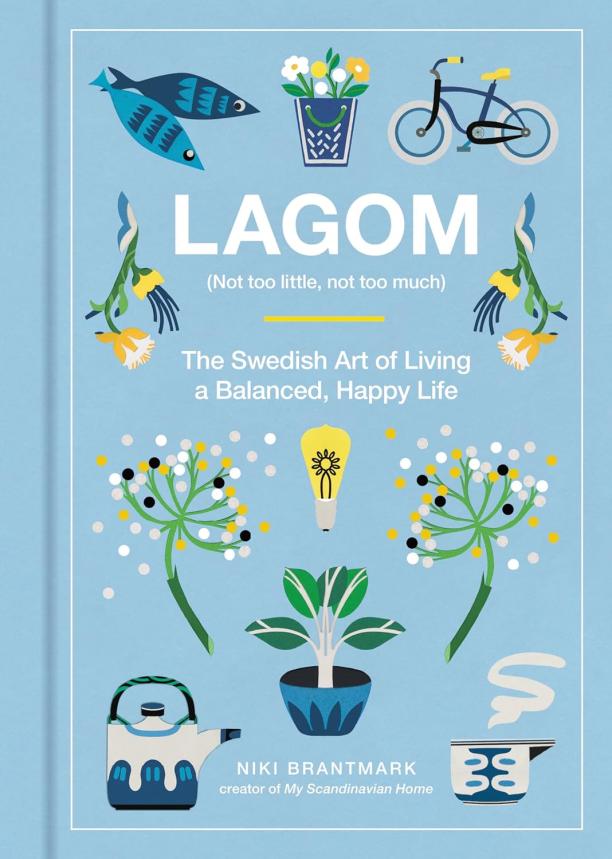
Lagom
Niki Brantmark
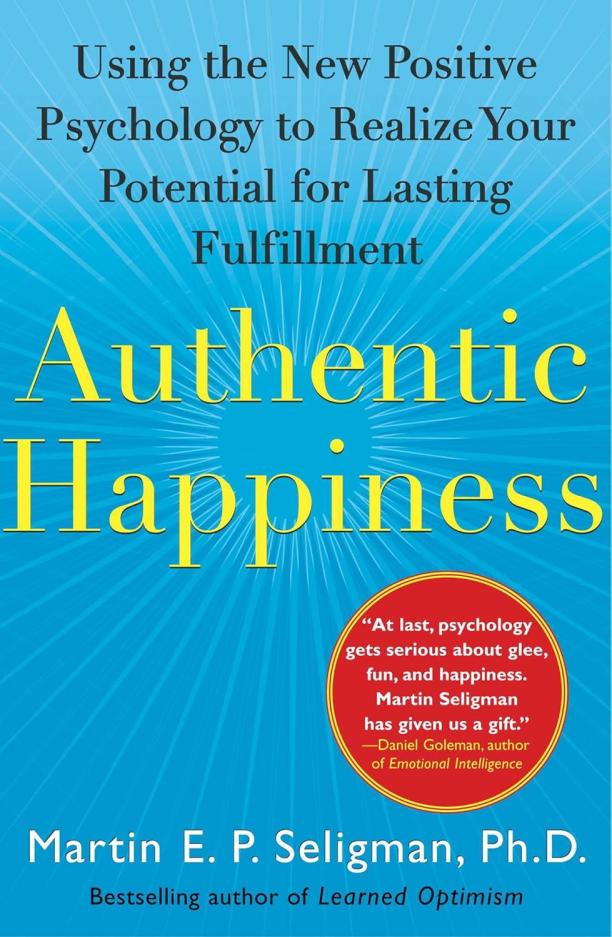
Authentic Happiness
Martin E. P. Seligman
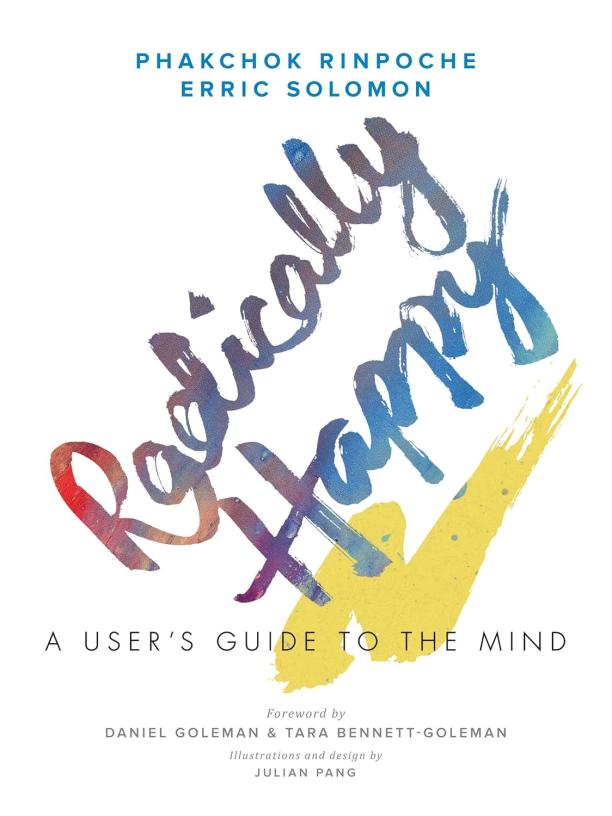
Radically Happy
Phakchok Rinpoche|Erric Solomon
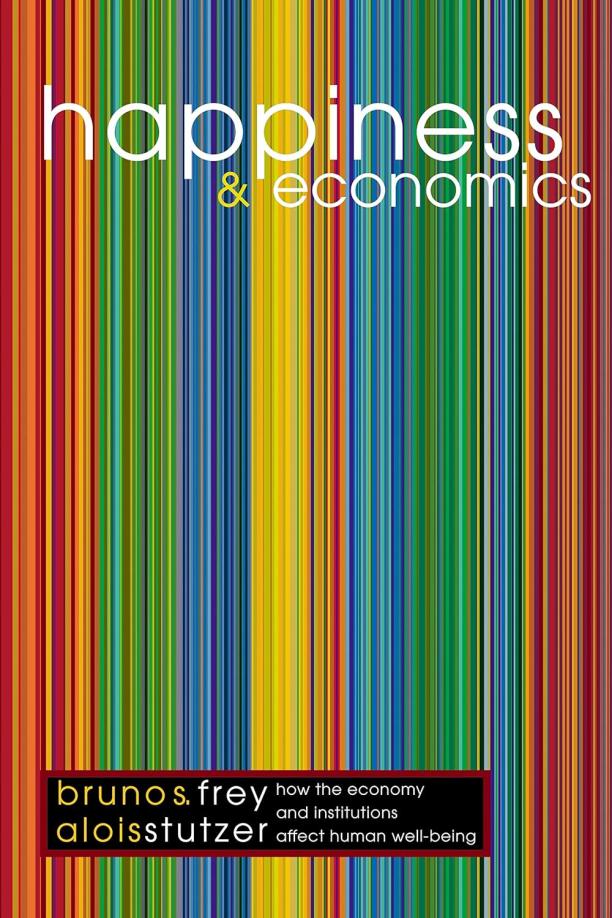
Happiness and Economics
Bruno S. Frey|Alois Stutzer
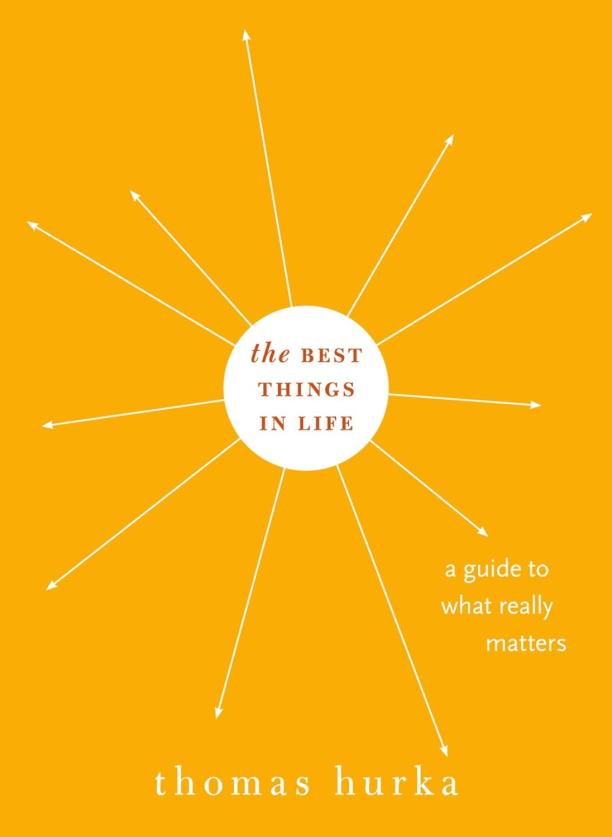
The Best Things in Life
Thomas Hurka
